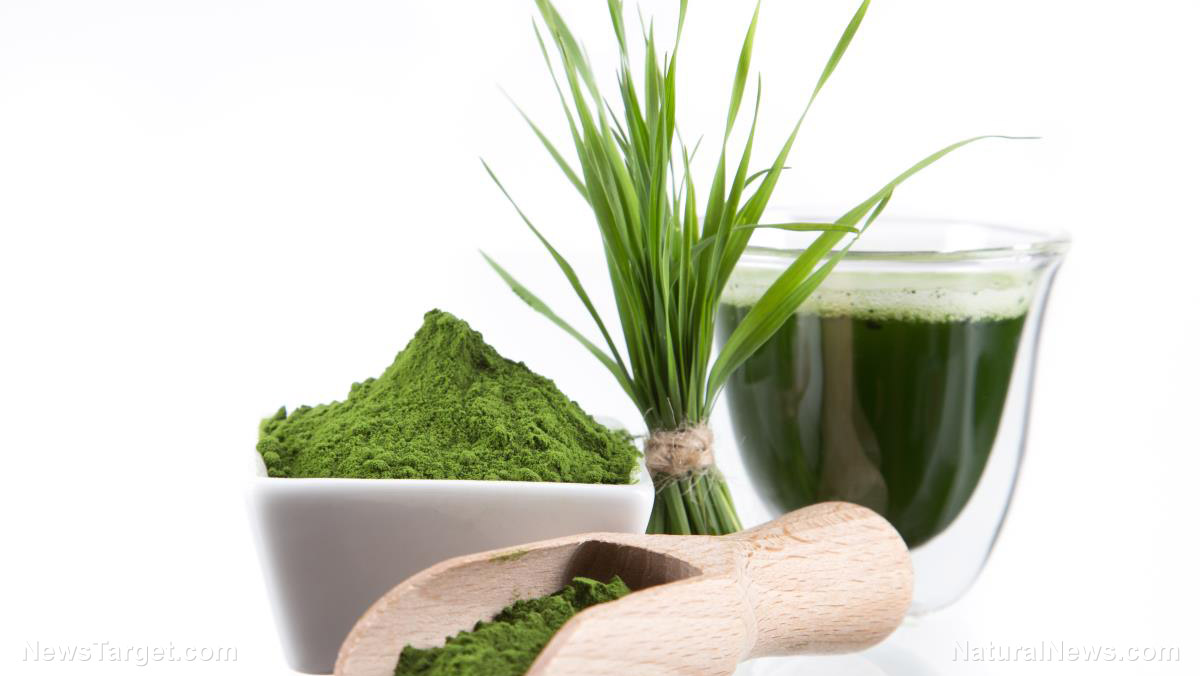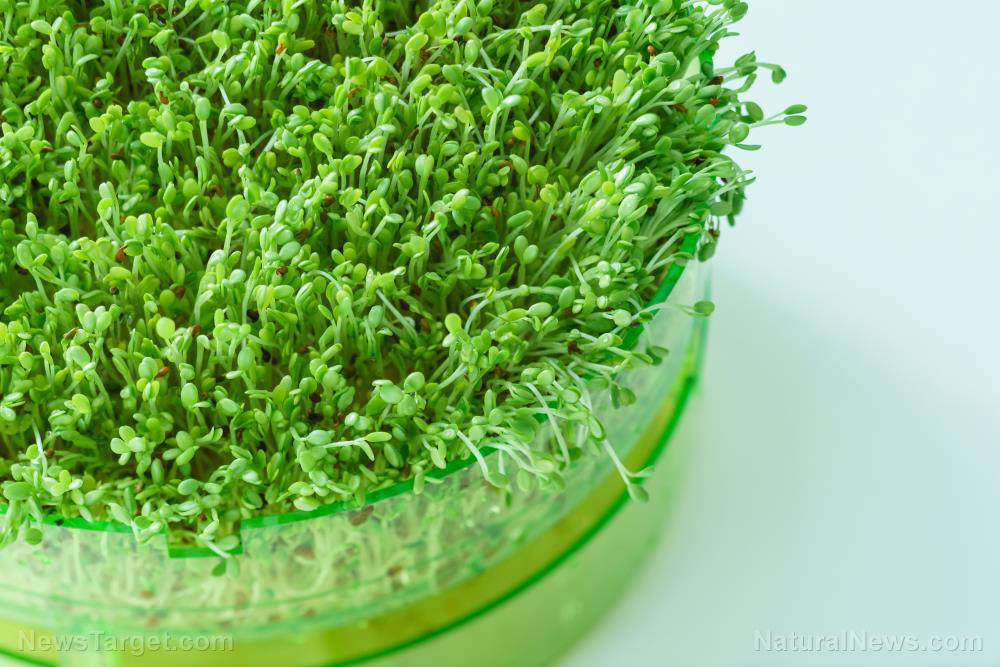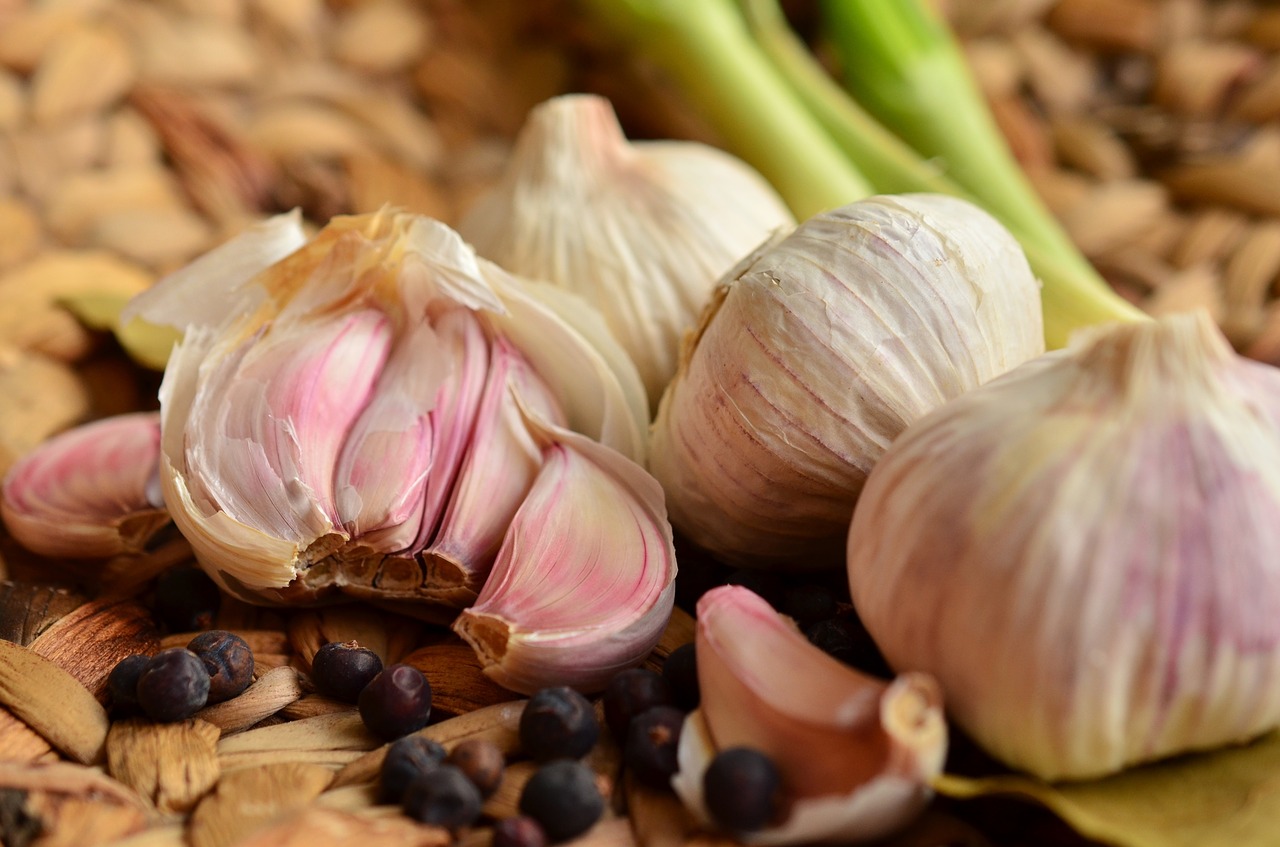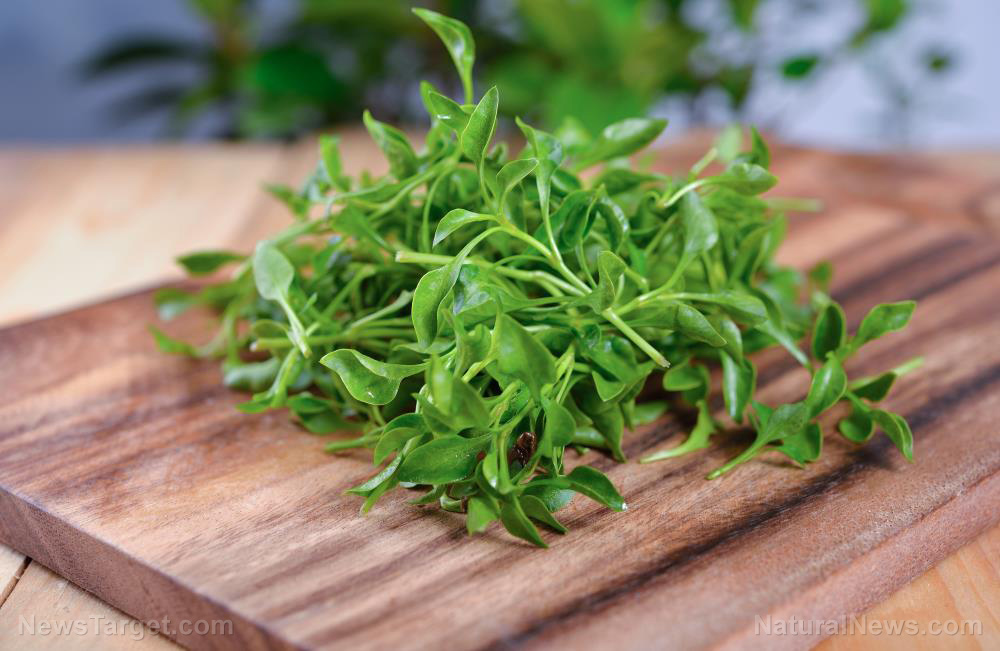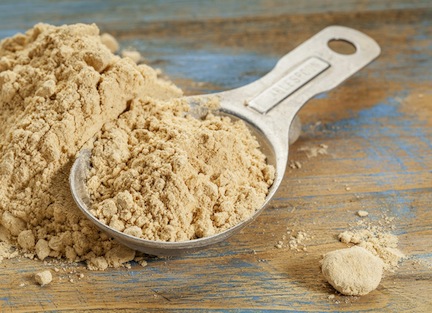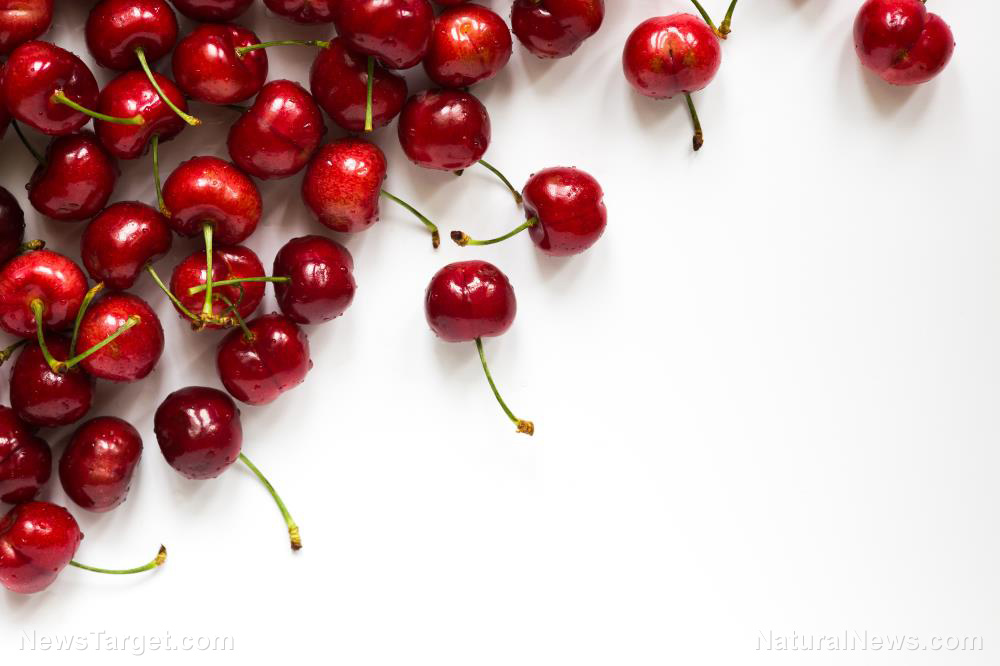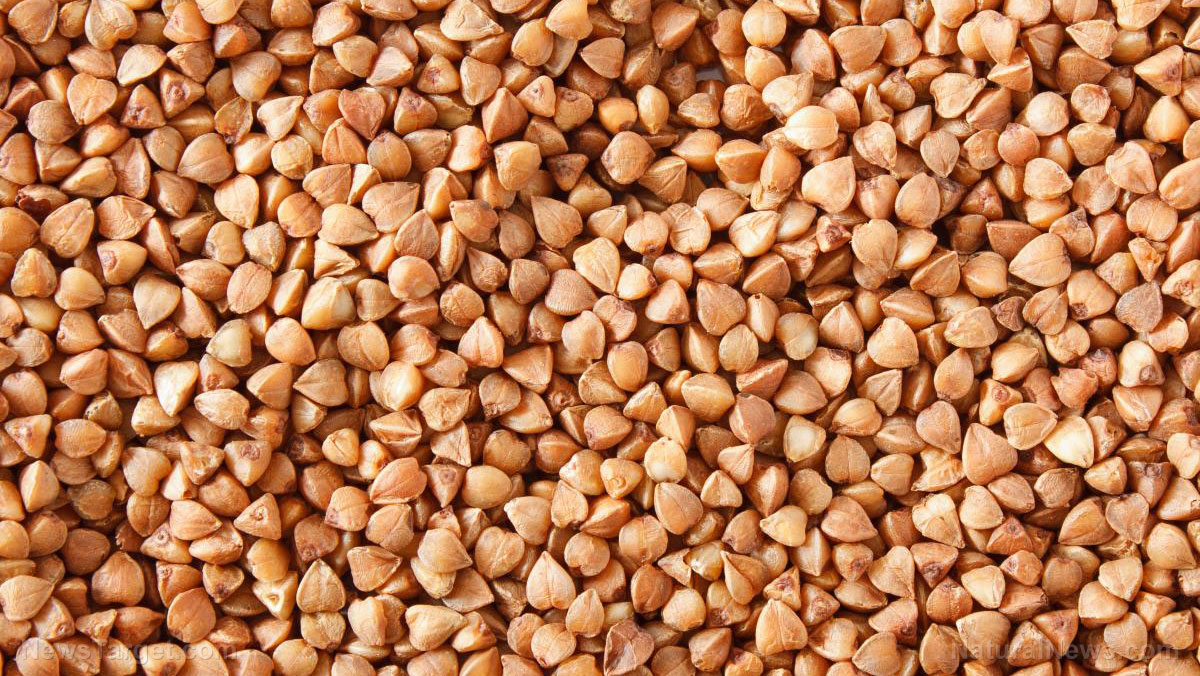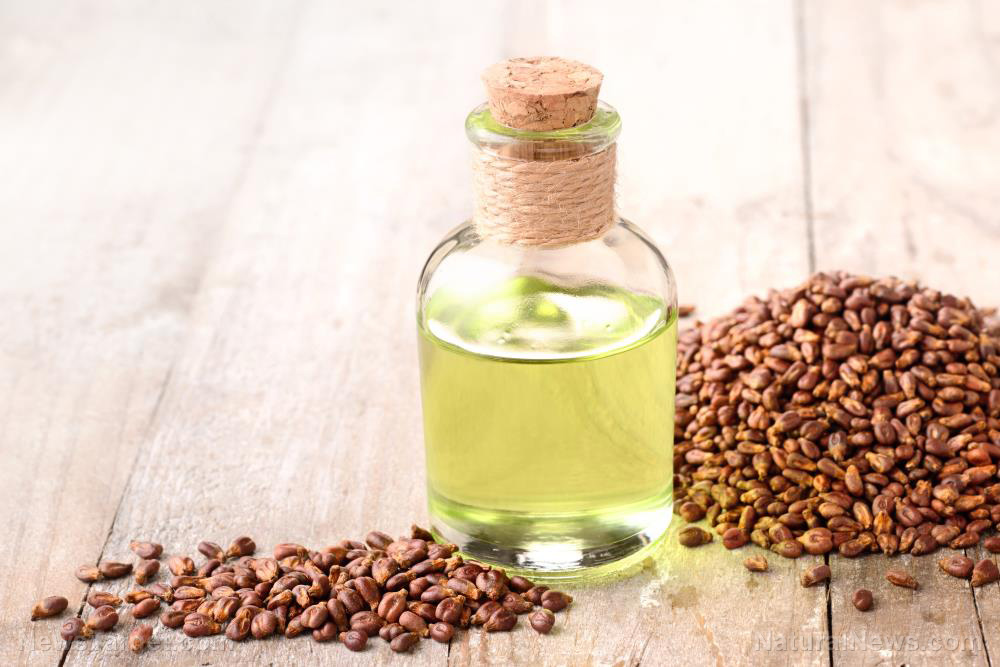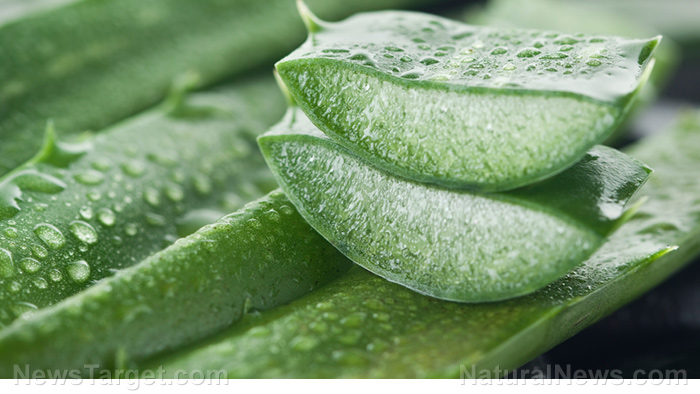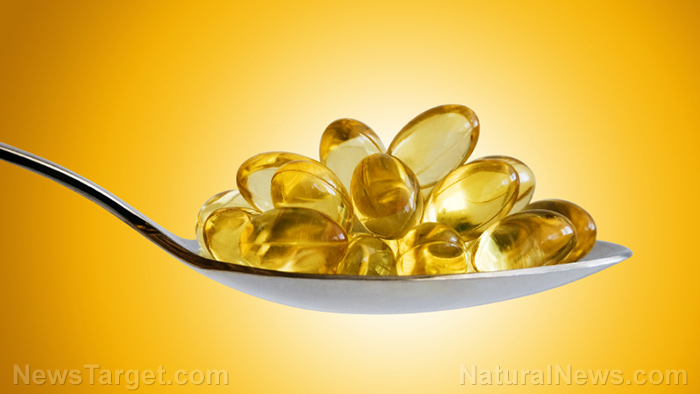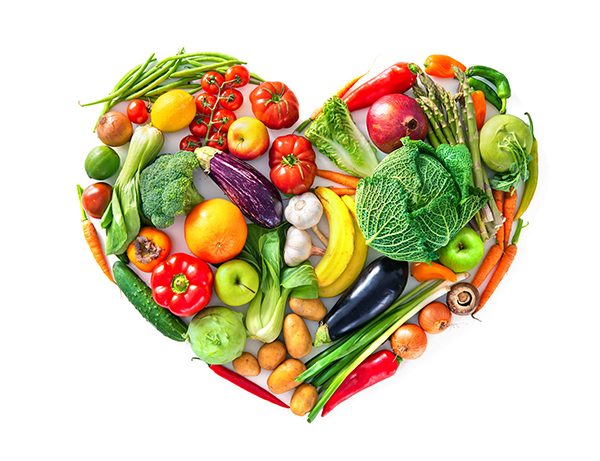8 Powerhouse substances to relieve mental fatigue
09/03/2025 / By News Editors
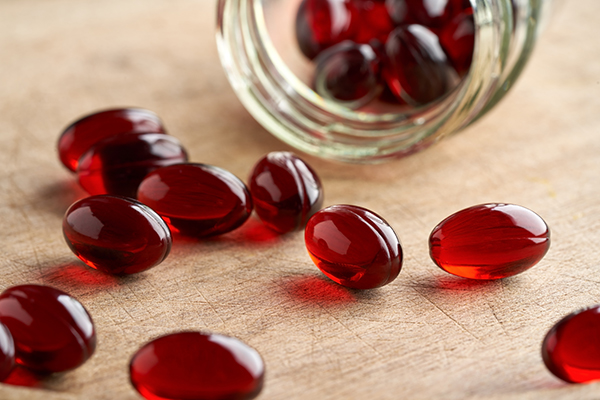
When mental fatigue hits you, choose from the most effective natural remedies.
(Article republished from GreenMedInfo.com)
Researchers have found that certain areas of the brain — the nucleus accumbens, orbitofrontal cortex, amygdala, insula and anterior cingulate cortex — weigh the costs and benefits of performing a task. If the energy needed is higher than what one gets out of doing an activity (satisfaction, reward, praise), mental fatigue occurs.[i]
Mental fatigue — drowsiness, difficulty concentrating, decreased alertness, disordered thinking, slow reactions, lethargy, reduced work efficiency and making more mistakes — is usually caused by long-term cognitive activities that can seriously impact the brain’s cognitive function.[ii]
The effects of mental fatigue can result in decreases in cognition — foggy brain, burnout or depression,[iii] executive decision-making and impaired physical performance — more car accidents, [iv] pilot errors,[v],[vi] and difficulty in endurance tasks.[vii],[viii] It can also negatively affect patients with chronic fatigue syndrome,[ix] cancers,[x] multiple sclerosis,[xi] Alzheimer’s disease[xii] or Parkinson’s disease.[xiii],[xiv]
Natural substances including tart cherries, herbal teas — rosemary or ginseng — improved gut bacteria, chaga mushrooms, sesame seeds paired with astaxanthin, spirulina and chicken extract are eight highly effective ways to relieve mental fatigue.
1. Tart Cherries
Tart cherries are known for their high levels of polyphenols along with strong antioxidative and anti-inflammatory properties.[xv] Drinking tart cherry juice has also proven effective in athletic performance recovery.[xvi],[xvii],[xviii]
In research of 50 middle-aged adults, half were assigned to drink tart Montmorency cherry juice –30 milliliters (ml) twice daily — and the other half took a similarly-sized placebo juice for three months. The tart cherry group had higher accuracy in digit vigilance with fewer false alarms in numerical cognitive tasks, higher alertness and lower mental fatigue ratings than the placebo group.
Plasma metabolomics also revealed an increase in some amino acids — which are important to effective neural transmissions — in response to tart cherry intake, which did not present in those taking the placebo.[xix]
Tart cherry juice — 240 ml compared to 240 ml placebo juice in the morning and before bedtime for two weeks — was effective for treating insomnia in a small pilot study (eight people) due to its high content of procyanidins. Insomnia was defined as having difficulty initiating sleep, maintaining sleep or getting high quality sleep.
It also included at least one daytime complaint, such as fatigue, poor attention, concentration or memory impairment; social vocational dysfunction, poor school performance, mood disturbances, daytime sleepiness, reduced energy, proneness for errors or accidents, tension, headaches, gastrointestinal symptoms or concerns about sleep.[xx]
2. Rosemary Tea
Herbal treatments and essential oils are being used more frequently for dealing with stress, burnout and fatigue. Herbs have been found to modulate the body’s stress response.[xxi]
In an experimental study of 66 employees, aged between 20 and 60 years, half received 4 grams (g) of rosemary in 150 ml of hot water per day for two months. The control group, on the other hand, did not receive anything. Results revealed that rosemary tea had a significantly positive effect on employee burnout compared to placebo.[xxii]
In a randomized pilot study, 14 participants received either a personal inhaler containing a mixture of essential oils or rose water as a placebo three times a day for three weeks. The aromatherapy group had a much greater reduction in mental exhaustion and moderate burnout.[xxiii]
3. Ginseng and Rhodiola Rosea
Ginseng is composed of ginsenosides with anti-inflammatory, antioxidant and anticancer effects. Clinical research studies show ginseng can improve mood disorders,[xxiv] psychological function, immune function, weakness and fatigue.[xxv],[xxvi] Ginseng can also affect the aging process by impacting your sleep-wake cycle, metabolism and cognition.[xxvii]
Further, in a study of 161 healthy cadets aged from 19 to 21 years, those who took two capsules of SHR-5 Rhodiola rosea extract showed a pronounced anti-fatigue effect for mental work against a background of fatigue, stress and anxiety when compared to a placebo.[xxviii]
4. Astaxanthin and Sesamin
Severe fatigue can negatively affect quality of life, and oxidative stress may play a significant role. Dietary supplementation of astaxanthin and sesamin (from sesame seeds) (AS) — two strong food-derived antioxidants — could address issues with fatigue. In a study of 24 healthy volunteers supplemented with AS or a placebo, each for four weeks, the AS group had significantly improved recovery from mental fatigue compared with the placebo group.[xxix]
To examine the effects of an AS supplement on cognitive function, 21 participants with mild cognitive impairment were given an AS capsule — 3?mg of astaxanthin, 5?mg of sesamin — twice daily or a placebo supplement for 12 weeks. Results showed supplementation with AS improved cognitive decline/dysfunction related to the ability to comprehend and perform complex tasks quickly and accurately.[xxx]
5. Chaga Mushrooms
In addition to having antitumor, antiviral and immunity-boosting properties from polyphenols and polysaccharides,[xxxi] chaga mushrooms (Inonotus obliquus) also postpone physical fatigue and improve mental fatigue.[xxxii]
6. Spirulina
A wealth of in vivo, animal and human research supports the brain health potential of spirulina, highlighting antioxidant,[xxxiii],[xxxiv] anti-inflammatory[xxxv],[xxxvi] and neuroprotective[xxxvii],[xxxviii],[xxxix] mechanisms. Preliminary clinical studies have also suggested that spirulina helps reduce mental fatigue and protects the vascular wall of brain vessels from damage.[xl]
In a randomized study of spirulina supplementation in men, the group taking 3 g per day of spirulina produced an increase in exercise output — 30 minutes on a cross trainer machine — within four hours of the exercise and eight weeks later. In a subjective survey, the men also reported improvements in mental and physical fatigue within four hours and eight weeks later in the spirulina group compared to the placebo.[xli]
In a study of 60 rats, the animals were divided evenly between control group, exercise group, exercise and spirulina polysaccharides — doses of 50, 100 or 200 mg per kilogram (kg) — treated groups, and exercise and caffeine (10 mg/kg)-treated group (positive control) with the exercise of running on a treadmill for 30 minutes each day for six days in a row.
On the seventh day, spirulina was found to prolong the time to exhaustion more effectively during the treadmill exercise in a dose-dependent way compared to the other groups.[xlii]
7. Extract of Chicken
In a human experiment, 20 healthy male students were given two bottles of chicken extract called Brand’s Essence of Chicken or a placebo (70 ml per bottle) daily in the morning for one week. The task performance of subjects — a mean arithmetic test and a short term memory test — significantly improved with the chicken extract compared with the placebo group.
From a mood state questionnaire, subjects also felt more active and less fatigued during the workload and their blood profile showed high cortisol levels — a signal of stress — recovered faster when they took the chicken extract regularly.[xliii]
8. Probiotic — Bifidobacterium Longum
Mounting evidence suggests gut microbiota not only regulate intestinal function and health but also play a role in mental health via the gut-brain axis.[xliv] Using single probiotics — Bifidobacterium longum (B. longum) — at a low dose of less than 10 colony forming units per day (cfu/d) and a short treatment duration — less than eight weeks — was found to be more effective with respect to overall symptom response and quality of life issues in treating gut diseases such as irritable bowel syndrome.[xlv]
In a scientific research experiment, 40 healthy volunteers received either the probioticB. longum 1714™or a placebo for four weeks at a dose of 10 cfu/d. Only the probiotic group had modulated resting neural activity, which enhanced vitality, and reduced mental fatigue. Neural responses during social stress, which activated brain coping centers to counteract negative emotions, were also impacted.[xlvi]
Superstars for Mental Fatigue
Given the stressors in the workplace, ever burgeoning workloads with little reward and the increased frenetic activities that social media and technologies produce, it is no surprise that mental fatigue is affecting the long term health, happiness and performance of people.
Read more at: GreenMedInfo.com
Submit a correction >>
Tagged Under:
alternative medicine, food cures, food is medicine, food science, functional foods, health science, herbal medicine, herbs, mental fatigue, mental health, natural cures, natural health, natural medicine, naturopathy, organics, phytonutrients, plant medicine, remedies, supplements, Xpost
This article may contain statements that reflect the opinion of the author
RECENT NEWS & ARTICLES
consumerwellness.info is a fact-based public education website published by consumerwellness.info
All content copyright © 2023 by consumerwellness.info
Contact Us with Tips or Corrections
All trademarks, registered trademarks and servicemarks mentioned on this site are the property of their respective owners.



